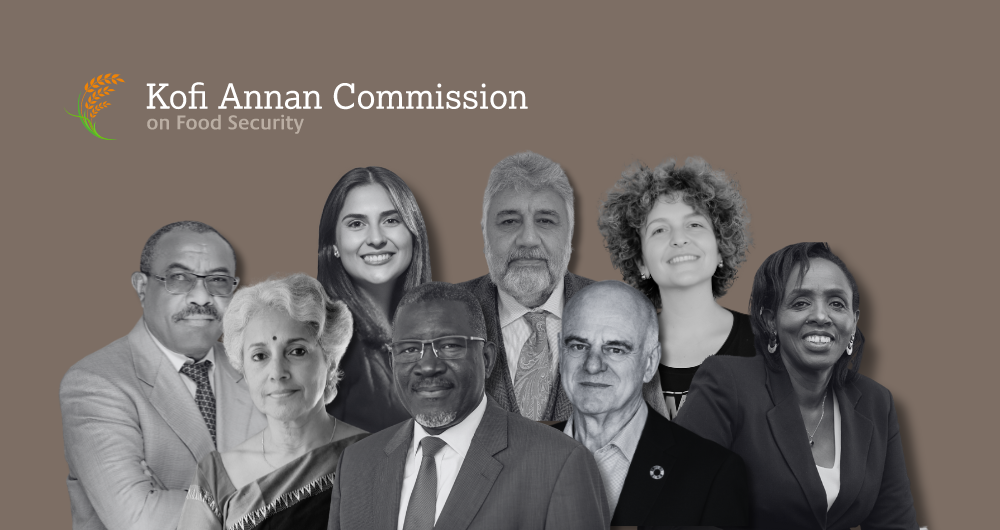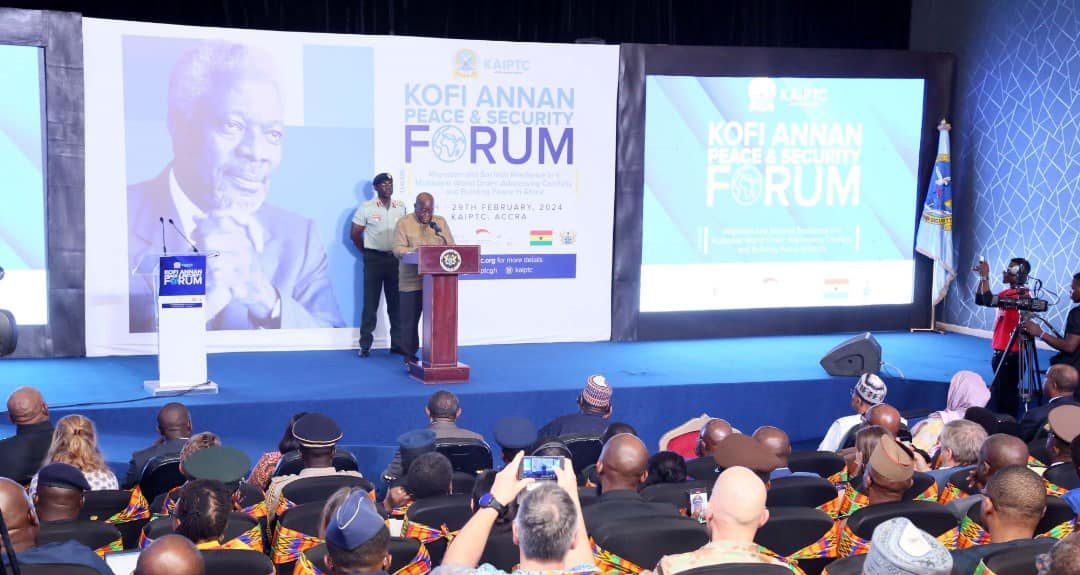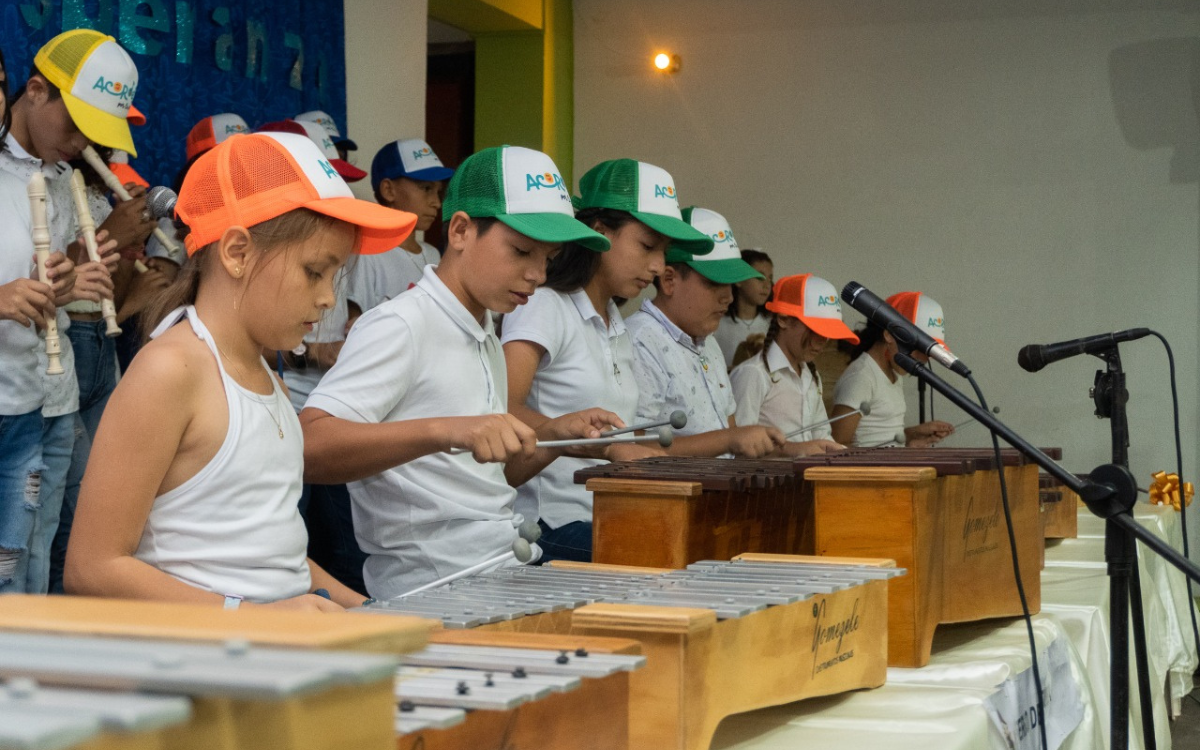The Dialogue Team of the Kenya National Dialogue and Reconciliation (KNDR) holds tenth review meeting
PRESS STATEMENT
AFRICAN UNION PANEL OF EMINENT AFRICAN PERSONALITIES –
KENYA NATIONAL DIALOGUE AND RECONCILIATION
Nairobi, 12 October 2011 – The Dialogue Team of the Kenya National
Dialogue and Reconciliation (KNDR) held its tenth review meeting today
on the status of implementation of the KNDR agreements.
The meeting discussed the findings of a report prepared by South
Consulting – the research firm designated by the Panel of Eminent
African Personalities to undertake independent monitoring and
evaluation of the implementation process. The report is available for
download at www.dialoguekenya.org.
The focus of the report was progress in implementation of the
Constitution; electoral reforms and preparedness for the next General
Elections; and the legacy of post-election violence, especially the
continuation of the ICC process in Kenya, and the problem of
Internally Displaced Persons (IDPs).
The South report found that the process of implementation of the
constitution was generally on track, with the critical legal and
institutional framework for implementation in place. The South report
noted, however, that there was a clear need to begin building the
capacity, particularly of nascent institutions, and to develop clear
and coherent policies to support their work.
According to the South report, about half of all Kenyans were happy
with the progress in implementing the Constitution. The general view
that the Constitution presented an opportunity for change in the style
of managing public affairs had sustained confidence in the
implementation process.
The report further noted that reforms in the judiciary were viewed as
the biggest change the country had seen since the promulgation of the
new constitution. The report found that both the transparent process
through which judicial officers were appointed, and the high integrity
standards demanded of applicants, were responsible for an increase in
public confidence in the Judiciary. This satisfaction can only be
sustained by the achievement of real results.
Regarding the legacy of post-election violence, public opinion showed
that over half of the Kenyan people believed that the government
lacked the will to investigate or prosecute suspected perpetrators of
the post-election violence, according to the South report, and that at
least 58% per cent believed the government was unable to conduct local
investigations. Also, according to the report, public support for the
ICC remained high, with up to 65% of Kenyans happy with the ICC and
64% who trust that the ICC can effectively protect witnesses. These
findings suggest that public confidence in the government’s ability to
fight impunity, and to address the post-election violence, remains
low; and that there are very high expectations for the ICC to deliver
justice to the victims.
On electoral reforms and preparedness for elections, the South report
noted that while new legislation was important, the institutional
capacity of the body that would manage the elections was critical. The
report stated that laws would mean little without the agency to
enforce and impose sanctions on those who breach them, particularly in
Kenya, where electoral violence, because of impunity, appeared to have
transformed into a culture.
In that connection, the report cautioned that that politicisation of
the process of establishing the Independent Electoral and Boundaries
Commission (IEBC) threatened to lay a foundation for future conflicts
over decisions on election issues.
At today’s meeting, the Dialogue Team took note of the findings and
conclusions of the South report and reaffirmed the importance of
comprehensive implementation of the KNDR Agreements.
The Dialogue Team agreed that the next meeting would be held on 17
January, 2012.



